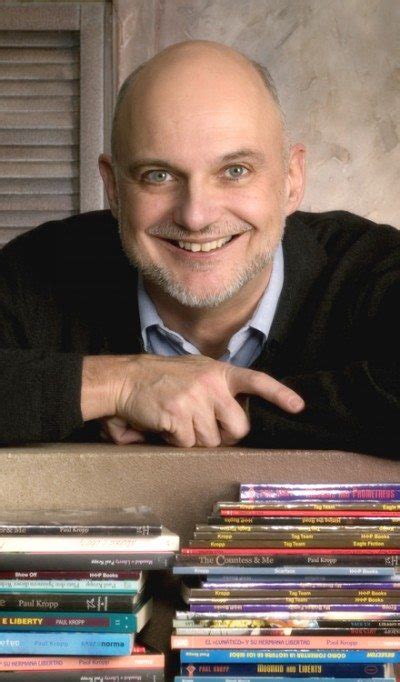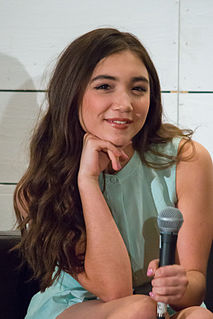A Quote by Frank Smith
Two kinds of reading can be distinguished. I call them reading like a reader and reading like a writer ... when you read like a reader, you identify with the characters in the story. The story is what you learn about. When you read like a writer, you identify with the author and learn about writing.
Related Quotes
There's no such thing as a folk writer. There's no such thing as somebody who's never read a book before suddenly sitting down one day and writing one. You have to learn how to captivate a reader. Right? And I don't mean you have to go to school for it. But if you're - if you pay attention, you can learn it by reading books. And so I feel like I learned a lot by reading books.
I learned to write from reading. I had no writing classes. It's part of my thinking as the writer-author, reading, but then I also want to bring this into my characters, who also read and think. There's that great quote from Virginia Woolf - it's very simple: "...books continue each other." I think when you're a writer, you're also, hopefully, a reader, and you're bringing those earlier works into your work.
If you want to be a fiction writer, you need to start reading like a fiction writer. To do so, you need to learn about craft so that the next time you pick up a contemporary short story, you're reading it not as an abstraction floating in formaldehyde, existing simply for the theorist's dull scalpel to saw on, but as a concrete thing constructed out of words and shaped by syntax, brought to life by a writer who made several thousand choices, some large, some small, before letting that imperfect beauty, the story, walk on its own two feet.
No one can teach writing, but classes may stimulate the urge to write. If you are born a writer, you will inevitably and helplessly write. A born writer has self-knowledge. Read, read, read. And if you are a fiction writer, don't confine yourself to reading fiction. Every writer is first a wide reader.
No one can teach writing, but classes may stimulate the urge to write. If you are born a writer, you will inevitably and helplessly write. A born writer has self-knowledge. Read, read, read. And if you are a fiction writer, dont confine yourself to reading fiction. Every writer is first a wide reader.
As a reader, when the writer gets sentimental, you drift, because there's something fishy going on there. You recognize a moment that's largely about the writer and the writer's own need to believe in something that might not in fact exist. As a reader, you think, 'Where did the story go? Where did the person I'm reading about go?'
On a more technical level, a story takes a lot of words. And to generate words and phrases and images and so on, that will compel the reader to continue reading - that stand a chance of really grabbing a reader - the writer has to work out of a place of, let's say, familiarity and affection. The matrix of the story has to be made out of stuff the writer really knows about and likes. The writer can't be stretching and (purely) inventing all the time. Well, I can't, anyway.
The Catcher in the Rye had such a deep impact on me, because it felt like it was just Holden and me. I didn't feel like any other person had read that book. It felt like my secret. Writing that I identify with feels like it's just me and the writer. So I hope that whoever is reading what I do feels like that.
Words are alive--when I've found a story that I love, I read it again and again, like playing a favorite song over and over. Reading isn't passive--I enter the story with the characters, breathe their air, feel their frustrations, scream at them to stop when they're about to do something stupid, cry with them, laugh with them. Reading for me, is spending time with a friend. A book is a friend. You can never have too many.
It's really hard to teach me anything. I can't read music. I never learned how to read music. I read books about things and try to learn - I don't like to learn from anybody. Later on I would, once I'd get the hang of things. Like I ride horses, I'm good at that, Western riding. I learned all about it reading and studying. I'm always learning about horses, I like that.


































